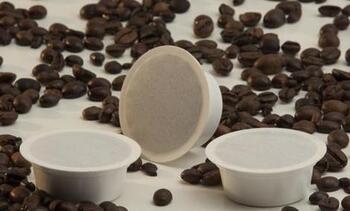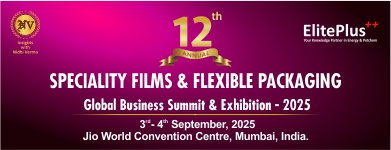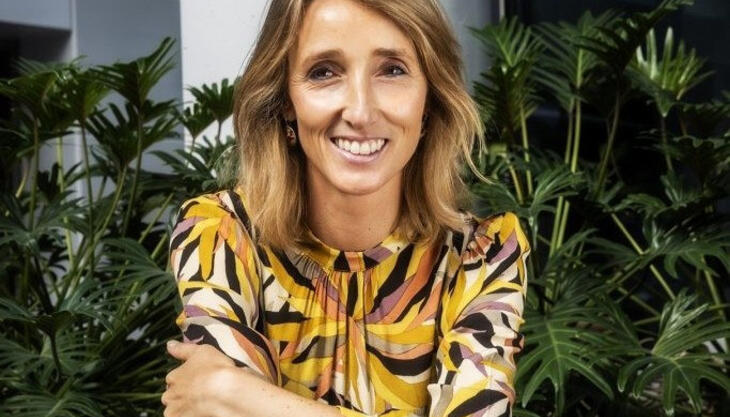After the espresso is ready, the capsule goes into the compost

On March 3 in Milan, Novamont and Lavazza unveiled the first 100% compostable Italian espresso capsule. The outcome of five years of research and development, the capsule will be ready for production in late 2015 and on the shelves in 2016. Compatible with Minù coffee machines, the capsules will be made of Mater-Bi 3G and available in two choices of 100% arabica blends.
The third generation of Mater-Bi is characterized by a higher content of renewable raw materials, and with this capsule Lavazza is focusing on the end of its lifecycle. According to today’s linear model of production-consumption-disposal, the product is transformed into waste and then sent to a landfill or incinerator. However, by applying the zero-waste paradigm behind the circular economy, according to which nothing is waste but everything goes back to being a resource, with great benefits for the environment, the new capsule can be thrown in with the compost after being used and sent off into the industrial composting processes along with the coffee grounds.
“We are now introducing much more than a technical solution to improve the environmental sustainability of a product. Through the first compostable espresso capsule developed jointly with Lavazza using third-generation Mater-Bi, we give a concrete demonstration of the potential of the bio-economy, understood as regeneration of our local areas and economies and not simply the use of renewable resources. The model we have conceived and that we have been putting into practice for many years is that of localized integrated bio-refinement of products with high added value, such as organic plastics and chemical products,” explains Catia Bastioli, Novamont Managing Director.
The third-generation Mater-Bi that will be used for the Lavazza espresso capsules is produced through a production chain involving three production sites in Italy: Terni, Patrica, and Porto Torres. Thanks to the technology developed by Novamont research over the years, these sites, which were not longer competitive, have been redeveloped as innovative industrial facilities, generating employment, new products and new production chains, creating bridges between diverse sectors and transforming wastes into resources. The Matrìca bio-refinery just went into operation in Porto Torres (a Novamont-Versalis joint venture) using the new Novamont technology to produce azelaic acid on an industrial scale. Deriving from an integrated agricultural production chain, this is one of the principal ingredients in third-generation Mater-Bi.
Bastioli continues: “It is comforting to know that thanks to the new compostable Lavazza capsule, the small daily ritual and pleasure of having a cup of coffee can not only promote enhanced care of our environment but also present opportunities for development within the framework of an integrated locally based production chain and the conservation of biodiversity.”
Marco Lavazza, Vice President of Lavazza, adds: “It is a historical milestone for Lavazza. Coinciding with our 120th anniversary and the Italian Expo – where Lavazza is the official coffee for Padiglione Italia – the compostable capsule is a concrete example of the virtuous synthesis of innovation, sustainability, and quality. Our objective with this product is to guarantee consumers the emotional gratification of a perfect espresso while sharing good practices and sustainable behaviours.”



















